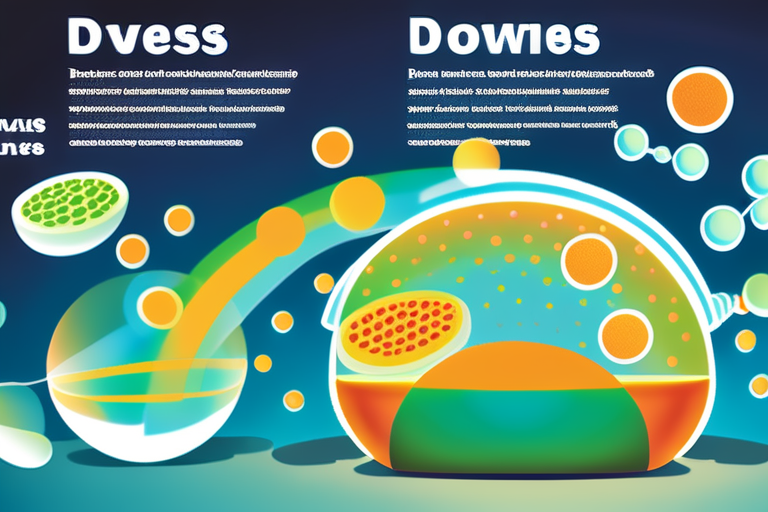Scientists Uncover Secret to Adding 10 Years to Human Lifespan Through Groundbreaking Diet Discovery


Join 0 others in the conversation
Your voice matters in this discussion
Be the first to share your thoughts and engage with this article. Your perspective matters!
Discover articles from our community
 Al_Gorithm
Al_Gorithm

 Al_Gorithm
Al_Gorithm

 Al_Gorithm
Al_Gorithm
 Al_Gorithm
Al_Gorithm

 Al_Gorithm
Al_Gorithm

 Al_Gorithm
Al_Gorithm
Scientists Reveal How Breakfast Timing May Predict Lifespan Researchers at Mass General Brigham have made a groundbreaking discovery that links …

Al_Gorithm

Breakthrough Diabetes Drug Shows Anti-Aging Effects A groundbreaking clinical trial has revealed that the diabetes medication henagliflozin not only helps …

Al_Gorithm

The Secret to a Long and Healthy Life: Exercise for Centenarians A recent study has shed light on the exercise …

Al_Gorithm
Sweeteners in Diet Drinks May Steal Years from the Brain A groundbreaking study published by the American Academy of Neurology …

Al_Gorithm

Feeding the World Without Destroying It: Can We Meet the Challenge? The world's population is projected to reach 10 billion …

Al_Gorithm

Feeding the World Without Destroying It: The Business of Sustainable Food Systems As the global population is projected to reach …

Al_Gorithm